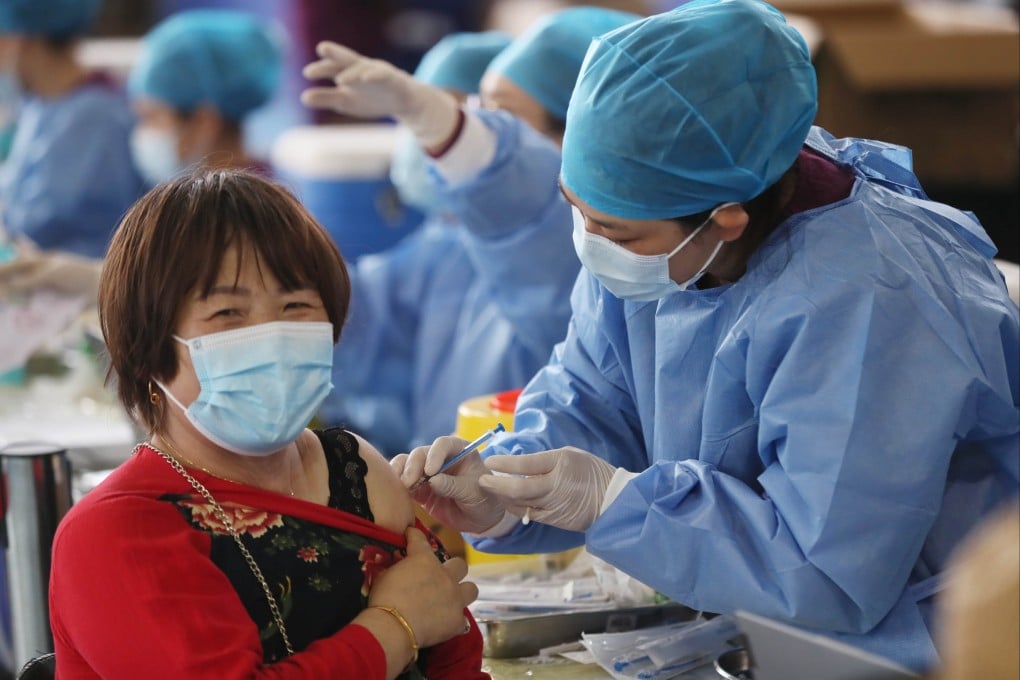Advertisement
Explainer | How China’s drive to develop its own state-of-the-art Covid vaccine is going
- The country has not authorised any mRNA vaccines, despite their proven benefits, a move many observers believe is down to the wish to develop its own version
- Currently a number of candidate vaccines made by Chinese firms are undergoing clinical trials
Reading Time:2 minutes
Why you can trust SCMP
35

China has yet to approve any mRNA vaccines, which have the highest efficacy rates, despite the recent surge in cases in Shanghai.
The authorities have not explained the delay, even though Fosun Pharmaceuticals has a commercial deal to distribute 100 million doses of BioNTech’s vaccine.
Many analysts believe the authorities are waiting for a home-grown mRNA vaccine to be developed. Here is what we know so far about that quest.
What are the advantages of an mRNA vaccine?
The vaccines – which use messenger RNA to teach the body to generate a protein that will trigger an immune response – have a much higher efficacy rate than ones made using older forms of technology.
Advertisement
The first mRNA vaccines produced by Moderna and Pfizer/BioNTech had efficacy rates of above 90 per cent, well above some of the inactivated vaccines produced in China – which use dead matter from the virus to trigger an immune response.
How much progress has been made?
Some mRNA vaccines are undergoing phase 3 clinical trials while others are “in the review and approval process”, Lei Zhenglong, a National Health Commission official said last month.
A vaccine developed by Abogen Biosciences, Walvax Biotechnology and the PLA Academy of Military Science is currently undergoing an extensive trial in China, Mexico and Indonesia.
Advertisement
Select Voice
Choose your listening speed
Get through articles 2x faster
1.25x
250 WPM
Slow
Average
Fast
1.25x
